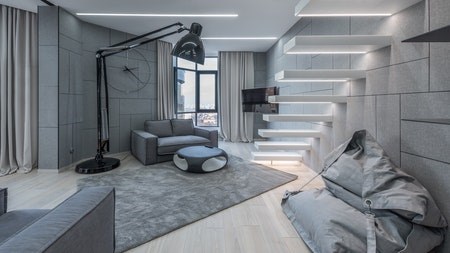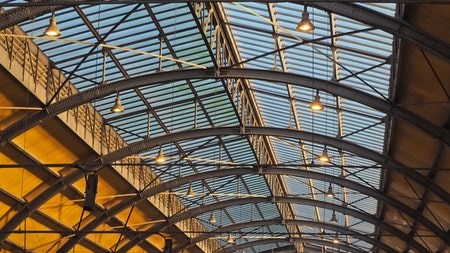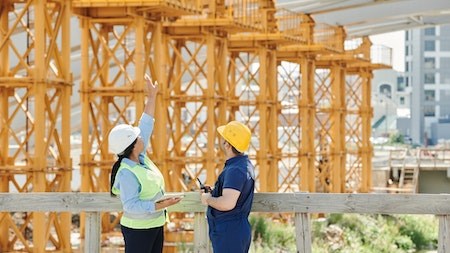Modular homes are homes that are built off-site, as opposed to traditional homes usually built on the owned property. They are made of large boxes that are usually built-in factories with the finished products transported to a designated site for assembling. Modular homes are becoming increasingly popular across the globe and have even started to gain traction in South Africa, with architects opting for more environmentally friendly ways to build homes without compromising on design.
There are many benefits presented for people who choose to build their homes using this innovative construction method in South Africa:
1. Modular homes are more environmentally friendly and sustainable than traditional homes
Construction can have disastrous effects on the environment. Modular homes are built with sustainability and the future in mind. This is because they are less invasive to the surrounding environment as there won’t be any building materials or debris lying around after construction.
Furthermore, because modular homes are built off-site, there is minimum waste produced and minimum water usage. They are also made of wood, which acts as a great insulator, reducing energy consumption within the home.
2. Modular homes are more affordable than traditional homes
Modular homes tend to be more affordable than traditional brick-and-mortar homes, which is an advantage for those looking to save money. However, it’s important to note that factors such as location, design, and materials can influence the amount you’ll pay for a modular home.
3. They are quick and easy to assemble
Modular homes take way less time to construct than regular homes, which means you’ll be enjoying the comforts of your new residence sooner. A short assembly time means you’ll spend less money overall, as the builders assembling your modular home will be working for a fraction of the time they would've worked if they were building a traditional home.
Typically, it takes less than 2 months to build modular units at a factory and only a few days to assemble on-site.
4. There is design flexibility, meaning they can be built in many different locations
Modular homes can be built in just about any location. This provides flexibility with design which can be adjusted to suit the requirements and aesthetic of the location you are planning to build.
5. The quality control process is much more efficient
Unlike traditional homes, modular homes offer a much more efficient quality control process as the structural components were built in a factory, then transported and assembled on-site. Added to this, the building plans for modular homes are more detailed which helps homes to meet certain design standards as well as be able to handle transportation weight limitations.
6. Decreased incidence of theft while building
It’s common for building materials to be stolen while a traditional house is being built but with the construction of modular homes, the chances of theft occurring are significantly lower as there are little to no building materials left on the construction site.
7. Modular homes offer great acoustics
Because each room in a modular home has been constructed separately, it insulates noise between different sections of the home to the other, offering great soundproofing.
8. Modular homes can be healthier to live in
Modular homes are constructed mainly from wood, which contains low toxins. They’re also treated at the factory to absorb less moisture, resulting in good quality air for the residents occupying the modular home.
Modular homes present a myriad of benefits for both people and the environment and can offer an affordable and quicker alternative to traditionally constructed homes.





